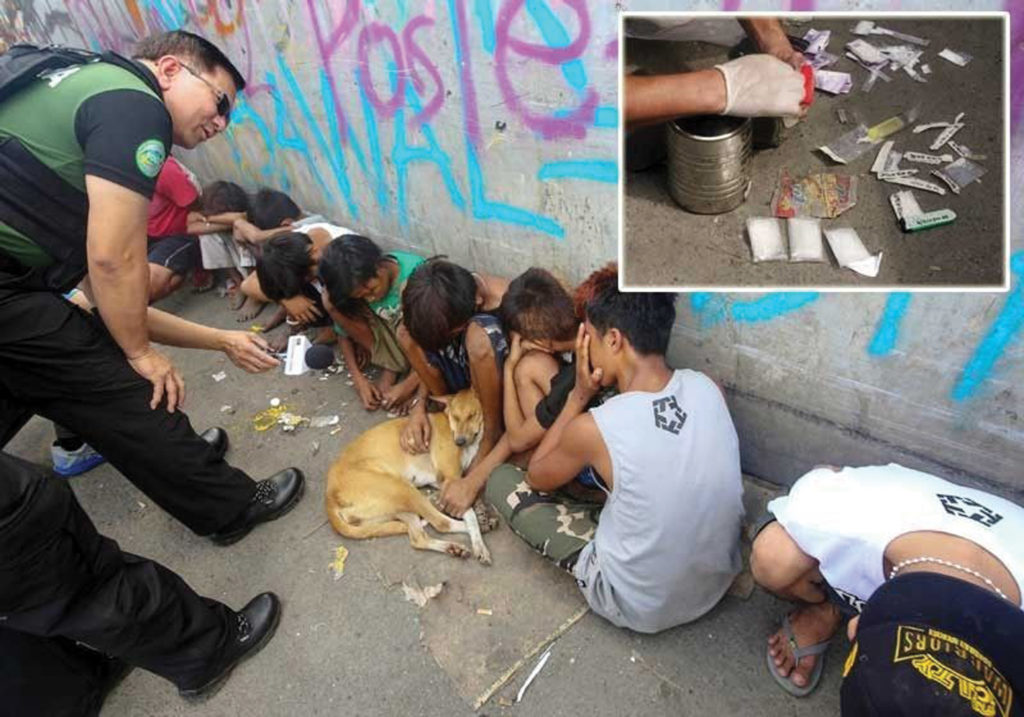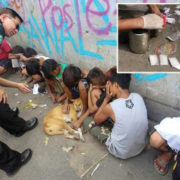
THE Philippine House of Representatives on Wednesday, January 23, approved on second reading the bill that would lower the minimum age of criminal responsibility despite the flak it earned from children rights groups and opposition members.
The House Bill (HB) 8858 initially provided that the minimum age for criminal liability be changed from the current 15 years old to nine.
However, the legislation garnered controversy from the public as it perceived the pre-adolescent age to be inappropriately young for jail.
House Committee on Justice Chairperson Salvador Leochon explained how the viva voce voting, or a vote of ayes and nays, took place during the plenary. The justice chair explained that the revision was born out of consensus from the majority of the members of the lower house.
“So, when there was a consensus already of, ang sabi nila, ‘Ano ba, gusto ‘nyo ba sa 15?’ Ayaw naman nila. ‘Gusto ‘nyo ba sa 9?’ (So, to get the consensus, they were asked, ‘Do you want it at 15 years old?’ They didn’t. ‘Do you want it at 9 years old’) And many of them had reservations,” Leochon said.
“So I said, ‘Where can we find a compromise so that the bill will still pass?’ After all, as I said, it will be for the protection of children, one of the top priorities of Congress to be passed this year,” the chairperson added as reported by Rappler.
The justice chairperson emphasized that he took each of the representatives’ insights and accumulated the approval of the majority to change it to 12 instead of the previous nine that earned the ire of the public.
“Tinanong ko silang lahat (I asked all of them), and when we got the more than majority of members, we decided to have it at uniform 12 years old instead of the original proposal of 9 years old,” he explained.
From ‘criminal liability’ to ‘social responsibility’
The lawmakers from the lower house also amended the term “criminal liability” to “social responsibility as they set to revise the Juvenile Justice and Welfare Act of 2006. After the second reading approval, HB 8858 is only one final reading away from hurdling the House vote.
The second reading approval of the said bill came two days after it was approved on the committee level. According to the rules of the lower legislative chamber, it can only be approved on its third and final reading after three session days, unless it is marked urgent by the president.
The bill, also known as “an act expanding the scope of the reformation and rehabilitation of children in conflict with the law and strengthening the social reintegration programs” is supported by President Rodrigo Duterte, House Speaker Gloria Macapagal-Arroyo and Senate President Vicente “Tito” Sotto III.
‘Children not criminals’ – other lawmakers, sectors
Despite the recent changes, some lawmakers and groups aired their disapproval of the lowering of the minimum age of criminal liability (MACR). The Makabayan bloc of the lower house consisting of Bayan Muna, Alliance of Concerned Teachers (ACT) and Kabataan issued statements regarding the said bill.
Bayan Muna Representative Carlos Zarate said that the bill would still “gravely hurt” and “harshly punish the children in the name of crime suppression and reduction.” He noted that it remains “anti-poor and anti-child.”
“You don’t help victimized and marginalized children by branding them as criminals and limiting their options while growing up. This vile and callous retreat is, in fact, a clear indictment of the government’s failure until now to protect and advance the rights of our children, particularly those coming from the poor majority of our society. No less, this is still anti-poor and anti-child,” Zarate said.
ACT Representative Antonio Tinio and Kabataan Representative Sarah Elago condemned such move, suggesting that the government should focus on programs addressing the root cause of the criminal behavior instead of criminalizing the vulnerable sector.
“By turning its back on the bills to address the lack of education and health facilities, lack of adequate housing, and the low wages and salaries, this administration will only further subject poor families [to] greater poverty. We strongly condemn the passage of this anti-poor and anti-child bill on 2nd reading,” Tinio said.
“Lowering the MACR, whether from the age of 9 or 12, will still lead to continued attacks [on] children. The amendments do not change the fact that this bill attacks children. It does not in any way solve the immediate problems children in conflict with the law face,” Elago said.
The Concerned Artists of the Philippines (CAP) called the proposed bill “barbaric, disrespectful and ignorant” noting that it is a state-sponsored assault to the public.
“Children are not criminals. We reject the proposed lowering of the age bracket of criminal responsibility. The notion is barbaric, disrespectful of human dignity, ignorant of social conditions on the ground, and entirely unsupported by scientific and scholarly evidence,” it said.
“Let us continue to protect our children and youth from this assault of the state. Let us demand accountability from the real perpetrators and enforcers of criminal behavior in the Philippines,” CAP added.






